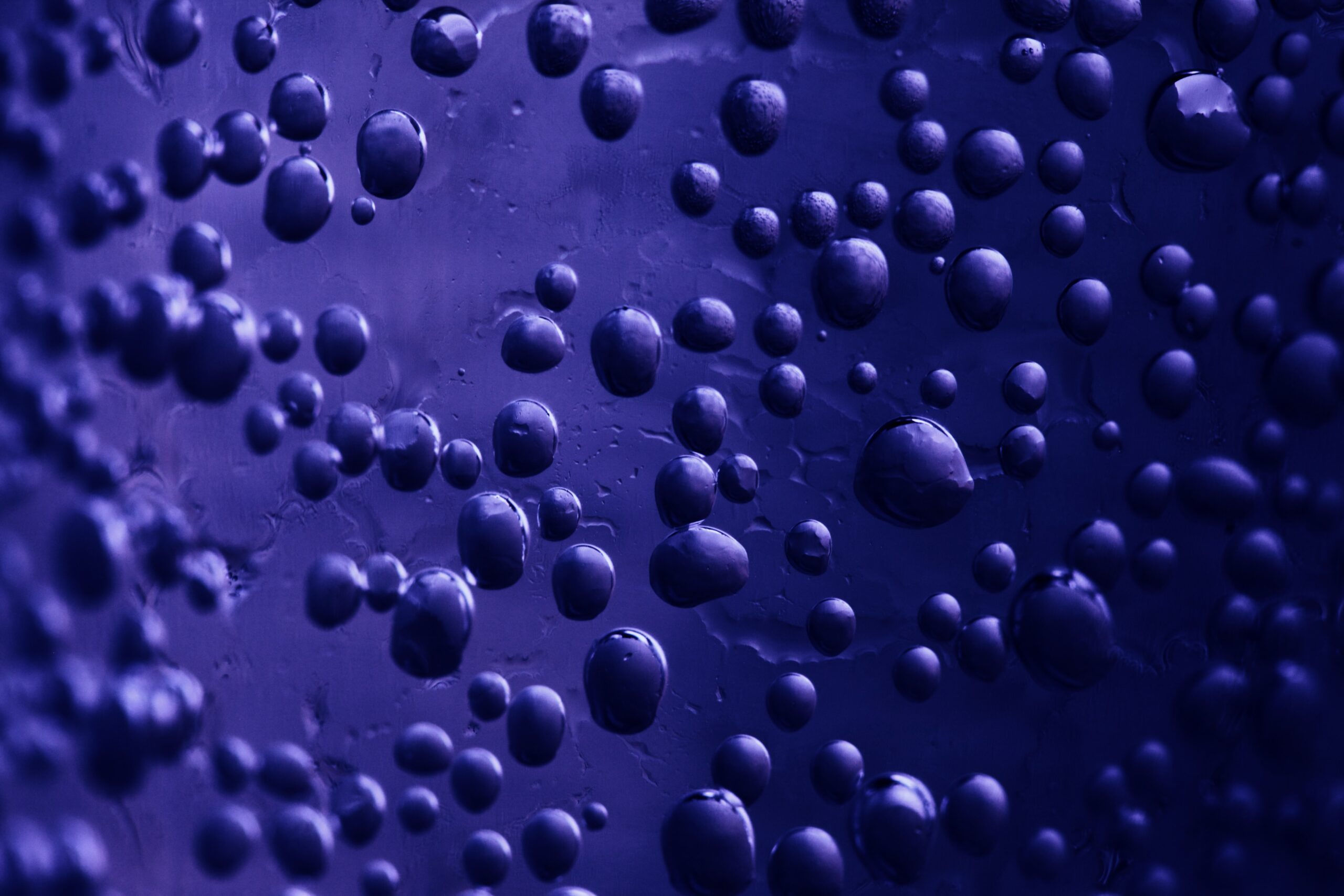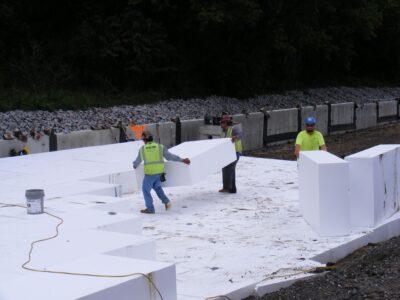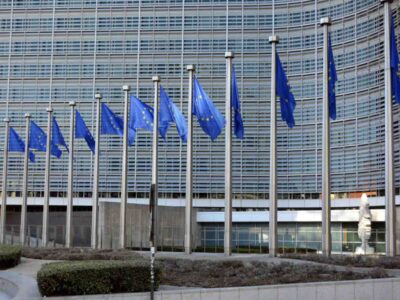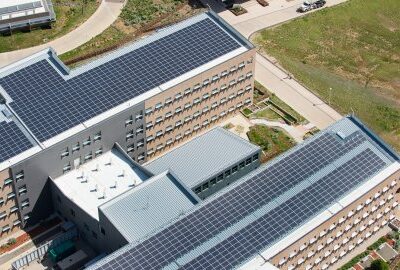The effects of COVID-19 on the supply chain and economy have been far-reaching and continue to manifest, even as the world returns to work. But who would have anticipated that COVID could impact the pep in your pop, the sizzle in your seltzer, the fizz in your beer? As America sheltered in place, the production of carbon dioxide decreased by 20 percent and experts feared it could be reduced by as much as 50 percent. This shortage is impacting fresh food and beverage availability in the United States, including the staple of American summers — cold, foamy, refreshing beer.
What does COVID have to do with carbonation? Brewers and beverage providers use carbon dioxide, CO2, to carbonate what would otherwise be a syrupy cola solution or a flat sweet beer. You just can’t get that refreshing fizz without CO2. Most beverage companies in the United States source their CO2 from ethanol producers, which capture carbon dioxide as a byproduct and sell it in large quantities. As millions sheltered in, the demand for gasoline dropped by more than 30 percent. Because ethanol is blended into our gasoline supply, and the demand for gasoline fell, 34 of the 45 ethanol plants slowed production or cut it entirely. Some industrial gas companies have been forced to ration CO2, reducing shipments and sending specialty food and beverage industries scrambling.
“It highlights the laws of unintended consequences,” says Orion Melehan, CEO of LifeAID, a Santa Cruz, California-based specialty beverage company, who reveals the CO2 shortage has him up at night thinking of other options. Bob Pease, chief executive officer of the Brewers Association, says CO2 suppliers to beer brewers have increased prices around 25 percent due to dwindling supply. Small and independent craft brewers in the United States source about 45 percent of their CO2 from ethanol producers. Pease says: “The problem is accelerating. Every day we’re hearing from more of our members about this.”
Others, like Denmark-based Carlsberg Group, are less concerned. Spokesman Kasper Elbjorn says that the company is “almost self-sufficient. We, in line with our sustainability program, create our own CO2, and capture it during the brewing process.” This has some smaller brewers thinking. Necessity is the mother of invention and when it comes to basic building blocks like CO2, the materials are within reach, according to the Colorado Department of Public Health and Environment. They’re encouraging brewers to develop their own supply chain of CO2. “We can do it cost-effectively, with environmental benefits,” says Kaitlin Urso, an environmental consultant for CDPHE, “So we want to replicate this process. We’re encouraging more breweries and more cultivations, and helping them connect them along the way.”





